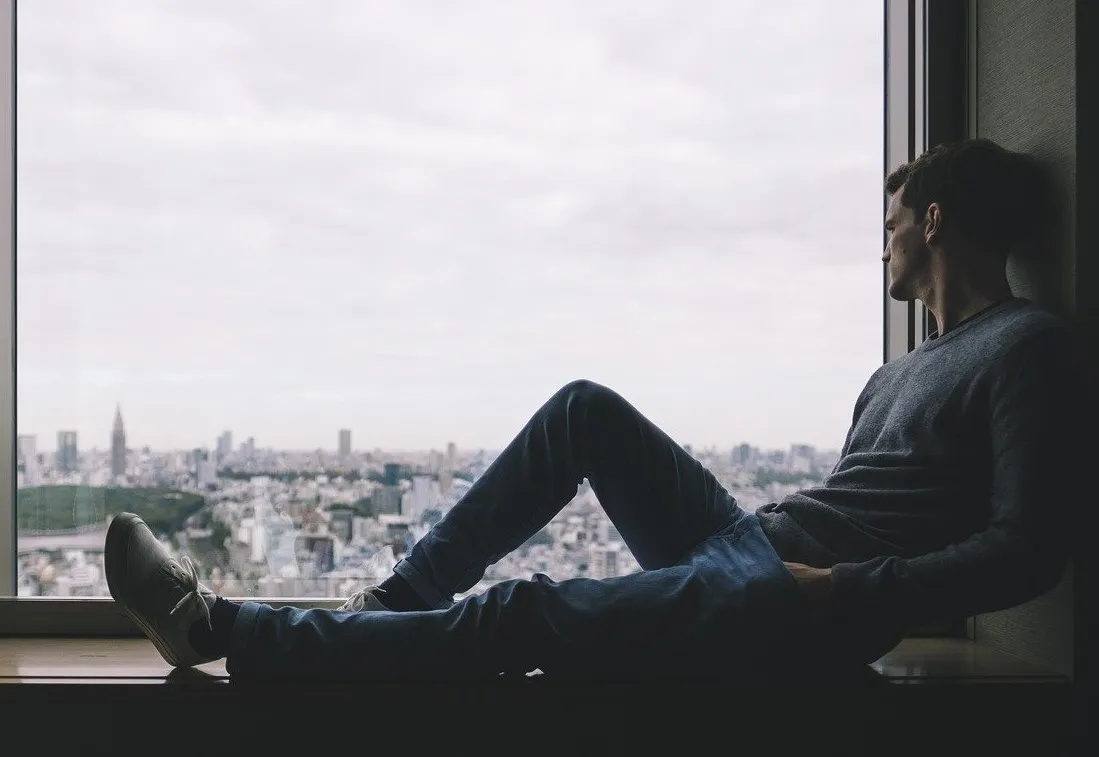-
CENTRES
Progammes & Centres
Location
Unfortunately, policy advancements in mental health services have been left wanting due to the overwhelming public health burden of a raging pandemic.

This article is part of the series — What to Expect from 2021.
The psychological impacts of COVID-19 have reignited attention across the country on the importance of psychological wellbeing. In many ways, the challenges posed in 2020 have paved the way for conversations around mental health to take centre stage. However, for public interest to transform into advances in mental health infrastructure, structural transformations on the policy level are needed.
Unfortunately, policy advancements in mental health services have been left wanting due to the overwhelming public health burden of a raging pandemic. Even before COVID-19, India spent merely 0.05% of its annual health budget on mental health services. In addition to painfully low funds, India had and continues to have a massive asymmetry between demand and supply of mental health services. Trained psychologists in India are too few and far between. This supply shortage, coupled with deeply embedded stigma about mental health, has meant the psychological wellbeing of Indians remains grossly unaddressed.
In addition to painfully low funds, India had and continues to have a massive asymmetry between demand and supply of mental health services.
Despite clear deficiencies in the mental-health infrastructure in India, there was an innate human trait — resilience — that enabled the global community to confront the COVID-19 pandemic, adapt to the new normal and face the unknown. Resilience defined 2020 and will prospectively shape 2021. Resilience is a crucial part of mental wellbeing as it helps humans combat unexpected challenges and use adaptive coping strategies. The propensity to find alternate ways of maintaining mental well-being — either by seeking therapy, finding a new hobby or practicing mindfulness — is reflective of the power of resilience in helping societies deal with catastrophes. While the hope of a vaccine may promise some respite, the psychological burden of maintaining distance from other human beings is certainly going to seep into the next year, making resilience even more relevant in 2021.
Unfortunately, an innate capacity to confront adversity does not mean insulation from psychological distress. According to the American Psychological Association, building resilience requires nurturing social networks and nurturing the self by protecting it from the negativity of one’s insecurities. This is easier said than done, which is why seismic shifts in attitudes and policy towards mental health are the need of the hour. This is especially true for underserved demographics like India, where unaddressed psychological grievances due to poor mental health infrastructure are estimated to cost the nation over US$ 1 trillion.
While the hope of a vaccine may promise some respite, the psychological burden of maintaining distance from other human beings is certainly going to seep into the next year, making resilience even more relevant in 2021.
The psychological grievances of Indians must be addressed to support the traits of resilience. In India, where psychological care is often expensive and caters to the socioeconomically privileged, there is a dire need for mental health services to percolate to the grassroots. For this, localising mental health services by training locals fluent in the regional language of the area is crucial. The launching of a 24/7 mental health helpline by the central government is a step in the right direction. However, for such a systemic issue to be effectively addressed, a more concerted effort that involves enhancing budgets, developing curriculums for debunking myths about mental health, and incentivising more people to train as professional psychotherapists is key.
As Nelson Moses, founder of Suicide Prevention in India Foundation, aptly put it, “Thanks to Covid, everyone is in the same boat of despair and despondency” and mental health “has gone from (being) swept under the carpet to hitting the ceiling.” The hope is that this sense of shared grievance and sudden public attention triggers the psychological healing that is needed. In the post-pandemic recovery that will characterise 2021, the psychological scars left behind by COVID-19 will require careful attention. Resilience will wither away without nurture and support, so it is crucial that no one feels that the battle for peace of mind is a lonely one.
The views expressed above belong to the author(s). ORF research and analyses now available on Telegram! Click here to access our curated content — blogs, longforms and interviews.

Prithvi Iyer was a Research Assistant at Observer Research Foundation Mumbai. His research interests include understanding the mental health implications of political conflict the role ...
Read More +